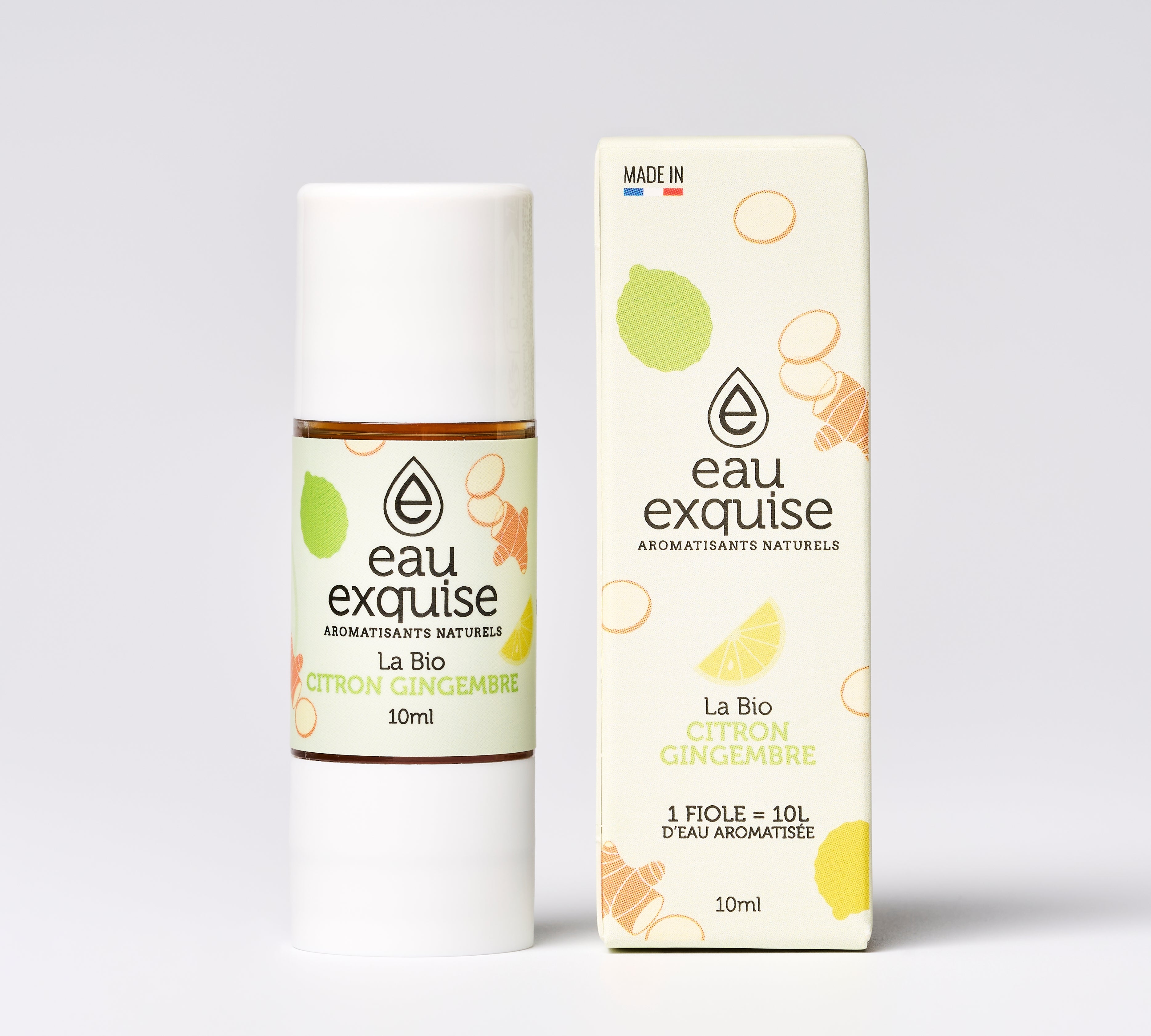Yuzu is an Asian citrus fruit prized for its unique flavor, often described as a subtle blend of lime, tangerine, and grapefruit. Native to China, it was introduced to Japan and Korea during the Tang Dynasty (618-907), where it became an essential ingredient in local cuisine and culture.
Botanically, yuzu (Citrus × junos) is a natural hybrid between the Ichang lemon (Citrus ichangensis) and the wild mandarin (Citrus reticulata var. austera). The tree, of modest size, generally reaches between 2 and 4 meters in height and is characterized by thorny branches. Its evergreen, dark green leaves give off a delicate aroma when rubbed. In spring, it produces small white star-shaped flowers, exuding an intoxicating scent. The fruit, rounded in shape and bright yellow in color when ripe, measures between 5 and 8 centimeters in diameter and has a thick, bumpy skin. Its pulp, although not very juicy, is rich in aroma, and contains many large seeds.
The popularity of yuzu in Japan is such that it has become a culinary and cultural symbol, used in a multitude of preparations, from sauces to desserts to drinks. Its ability to withstand low temperatures (down to -10°C) also makes it a popular tree in various regions with temperate climates.
Nutritional Value and Health Benefits
Yuzu , in addition to being a citrus fruit appreciated for its unique taste, is a veritable mine of nutrients and compounds beneficial to health. Its richness in vitamins , its powerful antioxidant properties and its role in improving digestion make it a food of choice for those looking to combine pleasure and well-being.
Rich in vitamins: a concentrate of vitality
Yuzu is particularly valued for its high content of vitamin C , a powerful antioxidant essential for:
- Strengthen the immune system .
- Stimulate collagen production, beneficial for the skin and joints.
- Protect cells against the harmful effects of free radicals .
In addition to vitamin C, yuzu also contains vitamin A , which plays a crucial role in maintaining eye health , supporting the immune system, and tissue regeneration.
Antioxidant and anti-inflammatory properties: an ally for the body
Bioactive compounds present in yuzu, such as flavonoids and limonoids , act as natural antioxidants. These molecules help to:
- Fight against oxidative stress , responsible for premature aging of cells.
- Reduce chronic inflammation , a risk factor for various diseases such as cardiovascular disorders or arthritis.
By regularly consuming yuzu, you can help to better protect your body against external aggressions.
Benefits for digestion: a natural aid thanks to fiber
Yuzu is also known for its role in improving digestion . Thanks to its dietary fiber content, it helps to:
- Regulate intestinal transit , thus preventing constipation problems.
- Promote better absorption of nutrients in the digestive tract.
- Maintain a balanced intestinal flora, essential for the proper functioning of the immune system.
Culinary Uses of Yuzu
Yuzu , thanks to its unique aromas and subtle acidity, is a key ingredient in many culinary preparations, especially in Japan. Whether in traditional dishes, desserts or drinks, yuzu brings a refined and fragrant touch that seduces gastronomy lovers.
In Japanese cuisine: a deep-rooted tradition
In Japanese cuisine, yuzu occupies a central place, used to enhance the taste of dishes while adding a note of freshness. Here are some examples of its traditional use:
- Seasonings : Yuzu zest and juice are incorporated into marinades and vinaigrettes to enhance fish and meats.
- Soups : A few drops of yuzu juice are enough to flavor a miso soup or a clear broth.
- Pickles : Yuzu is sometimes used to flavor pickled vegetables, adding a subtle acidity.
Popular recipes: gastronomic essentials
Some iconic recipes highlight the unique flavors of yuzu:
-
Ponzu Sauce
A blend of yuzu juice, soy sauce and mirin, this sauce is perfect to accompany sashimi, grilled meats or even steamed vegetables. -
Yuzu Kosho
A spicy condiment made from yuzu zest, chili peppers and salt, often used to garnish soups, grilled meats or noodle dishes. -
Yuzu desserts
Yuzu is also used in modern desserts: sorbets, mousses, cakes and even jams, where it adds a touch of balanced acidity.
Yuzu drinks: refreshing and original flavors
Yuzu is also very popular in the creation of drinks, whether traditional or modern. Among the most popular:
-
Yuzu Tea (Yuzu-cha)
This traditional infusion mixes honey and yuzu zest in hot water. Comforting, this tea is particularly appreciated in winter for its warming properties and its richness in vitamin C. -
Yuzu Cocktails
In mixology, yuzu juice is used to create refreshing and sophisticated cocktails, such as yuzu sours or variations of mojitos and martinis. -
Sodas and lemonades
Yuzu-flavored sparkling drinks are also popular, offering a tangy, thirst-quenching alternative to classic sodas.
Precautions and Contraindications of Yuzu
Although yuzu is widely appreciated for its health benefits and unique taste, there are some precautions that should be taken when consuming it. Like any citrus fruit, it can pose risks to specific groups of people or in certain situations.
People with sensitivities or allergies to citrus fruits should be careful when consuming yuzu. Allergic reactions may include:
- Itching or redness on the skin.
- Skin rashes after direct contact with the juice or skin of the fruit.
- In severe cases, symptoms such as swelling or difficulty breathing may occur .
Like some other citrus fruits, including grapefruit, yuzu contains compounds that may interact with medications by altering their absorption or metabolism. This may:
- Increase the concentration of certain drugs in the blood, thus amplifying their side effects .
- Reduce the effectiveness of other treatments by decreasing their absorption.
The most commonly affected drugs include:
- Cholesterol medications (statins).
- Some treatments for high blood pressure .
- Immunosuppressants and some antidepressants .
Now that you know more about yuzu , this Asian citrus fruit with an exceptional taste, its fascinating origins, its many health benefits, and its multiple uses in cooking, all you have to do is integrate it into your daily life! Whether it is to enrich your recipes, explore its health benefits or simply discover its unique fragrance, yuzu will seduce you.





